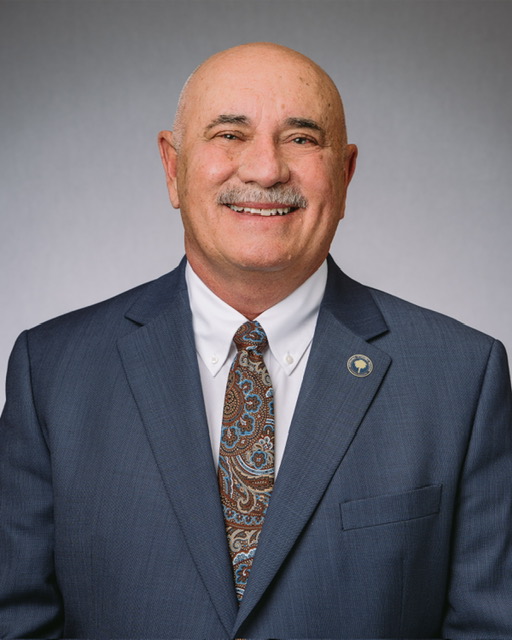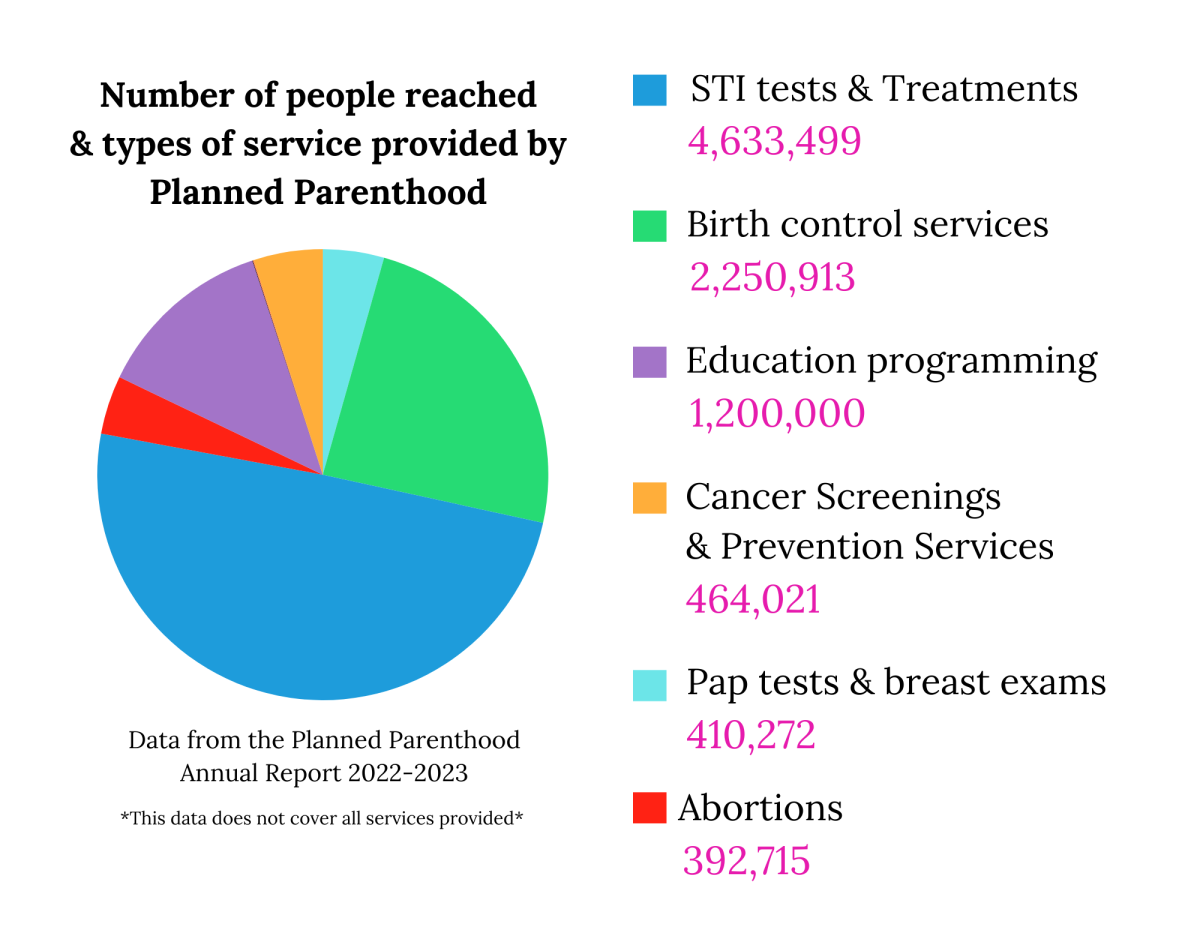Should schools teach students to be good?
A guest speaker from Wake Forest University spoke on Sept. 22 about the nature of honesty, its role in character education and whether it is necessary.
I attended this session, which was led by Christian Miller, a professor of philosophy who directs The Honesty Project. This project is focused on researching honesty and how it can encouraged.
It’s hard to disagree with the benefits of honesty but even though I found the discussion to be insightful, I’m not sure if character education in students should be focused on. It’s important to note that Miller made a distinction between honesty and truthfulness, with motivation being the key factor.
“Thousands of years ago when people were talking about the shape of the Earth, and they said the Earth is flat, were they being dishonest? No, right?” he said.
I think that is more than fair. Someone can be wrong but still be honest because they can only speak from what they know. Additionally, Miller said that honesty cannot be motivated through selfish means, such as getting a reward, avoiding punishment or even guilt.
“Anything that’s focused on benefitting ourself isn’t going to count,” he said. “If you’re telling the truth for any kind of self-interested benefit, not virtuous.”
Miller listed several scenarios such as not cheating on a test because it would be unfair to other students, or not stealing from someone because they’re your friend. However, I think the focus here is misplaced.
In many of these scenarios, I feel like the key theme is empathy, which I would say should be the core of character education. It is hard to say examples like these aren’t motivated by guilt. If someone were to feel that cheating would be unfair, then it’s safe to assume they would feel guilty if they went through with it.
Guilt is an unavoidable byproduct. This is where empathy comes into play.
A student might not cheat on a test because they empathize with their peers. They know how it might feel to work hard for a good grade, only to have someone get the same grade through a shortcut. A student would tell the truth to somebody because they know how they would feel if somebody lied to them.
This also accounts for situations where being truthful might not be the best course of action. There are times where lying isn’t a bad thing.
I am sure many people can think of times where they told a white lie to someone to spare their feelings.I can’t really think of any reason to tell a little kid that Santa Claus isn’t real. Sure, that might be honest, and you could try to justify it with good intentions, but that doesn’t make it the best option. If you empathize, you might remember a time when you were a kid and believed in Santa, and how much joy it brought you.
I don’t outright disagree with Miller and it seems through his definition of honesty that empathy is a factor. Honesty is just the main focus.
I think empathy is what should be brought to the forefront when it comes to instilling good behavior in students. Still, his discussion was an excellent opportunity to offer food for thought and bring subjects like this to light.

































